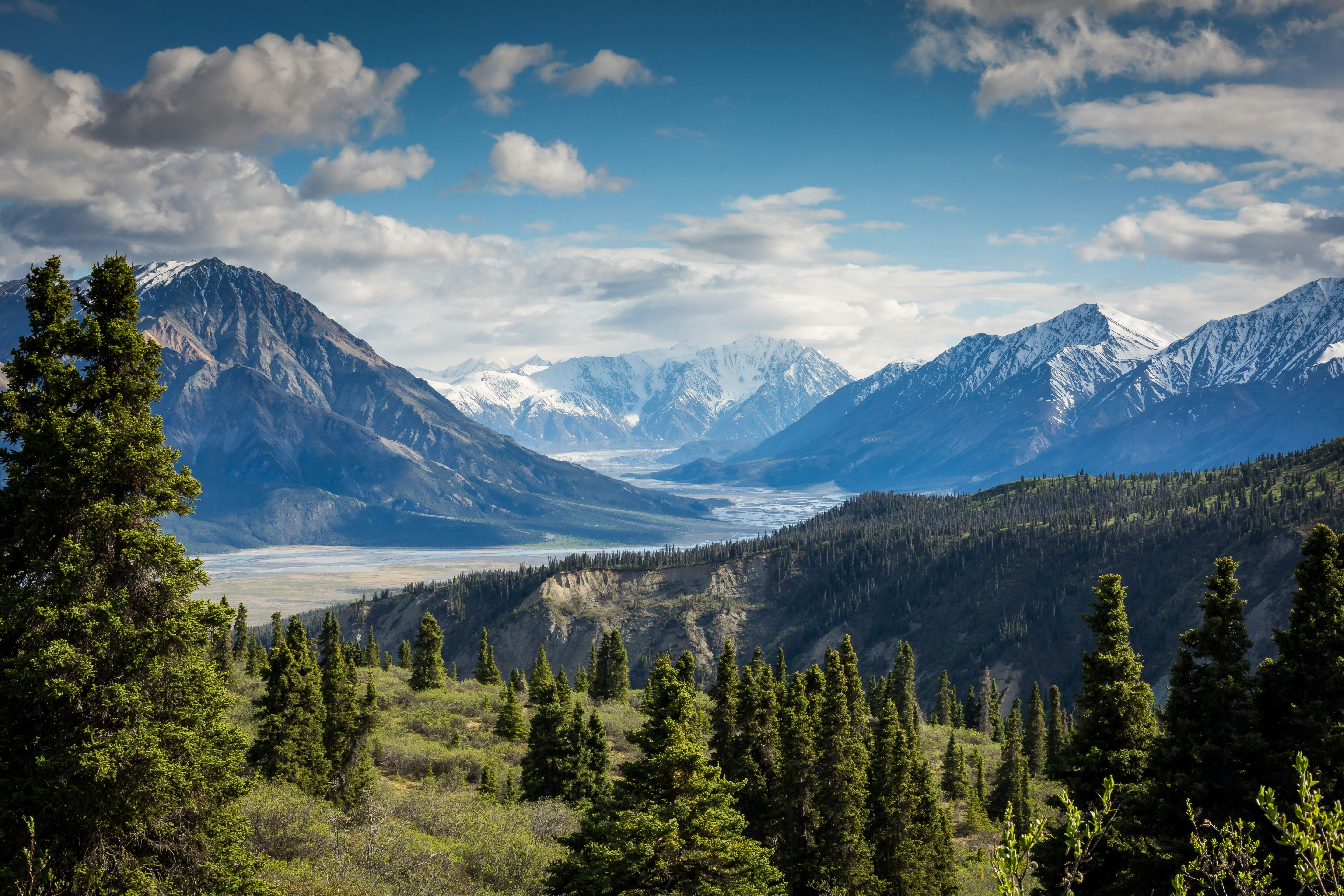Progress Made at COP29 by Caspian and Central Asian States Toward Advancing a "Green" Trade Initiative
At the COP29 climate summit in Baku, the Caspian Basin and Central Asian states have been actively engaging in discussions to boost "green" trade, with a focus on developing a sustainable energy corridor along the Middle Corridor trade route. This emerged as one of the significant topics of discussion on the sidelines of the gathering.
The Middle Corridor, an emerging route connecting China and Europe via the Caucasus and Central Asia, has been under discussion in the spirit of the climate conference. Participants have expressed their intention to turn this into a "green" energy corridor, involving the construction of new infrastructure and digitization of trade systems for more efficient energy transmission and trade.
There is a substantial financial incentive for such agreements, given the Russia-Ukraine war passing the 1,000-day milestone. The Middle Corridor has seen increased interest as an alternative route that bypasses Russia, and the World Bank estimates that trade along this corridor will triple by 2030.
One of the first major Middle Corridor developments at COP29 occurred on November 13, as the presidents of Azerbaijan, Kazakhstan, and Uzbekistan signed a "Strategic Partnership in the Development and Transmission of Green Energy." Although light on firm commitments, the presidents provided some insights about their intentions during a post-signing briefing.
Azerbaijani leader Ilham Aliyev confirmed that the partnership is related to an ongoing effort to construct an underwater power line across the Caspian Sea. The project, initially unveiled in May, is designed to facilitate trilateral sharing of electricity generated from renewable sources and, most importantly, the export of power to Europe.
Aliyev also noted progress on another crucial link in that corridor – an underwater Black Sea cable passing from Georgia to European Union territory. Such projects are significant for Azerbaijan as they support the diversification of its fossil fuel exports-dependent economy and its potential to become an alternative power source for Europe.
At the news conference following the agreement, Kazakh President Kassym-Jomart Tokayev linked the power line projects to the development of the Middle Corridor. He stated that the practical fruition of this agreement would contribute to the development of the Middle Corridor as a green bridge connecting the economies of the three states, enhancing energy security.
COP29 has also proven to be a fruitful venue for inking other Middle Corridor-related business deals, and in tandem, a platform for China to strengthen its growing economic role in the Caspian Basin. An infrastructure agreement signed on the sidelines of the conference underscores this point. On November 12, Azerbaijan, Kazakhstan, and China established a joint venture to build a new intermodal cargo terminal at the Port of Baku. China is also helping to build a container hub on the other side of the Caspian Sea at the Kazakh port city of Aktau.
Toward the end of COP29, Azerbaijan expects to double the number of Chinese cargo trains passing through its territory in 2025. The United Nations Economic and Social Commission for Asia and the Pacific (ESCAP) has also endorsed the regional initiatives during discussions held under COP29's auspices. ESCAP will continue to support the development of sustainable and digital transport corridors, including the Middle Corridor.
Meanwhile, a sting operation conducted by a transparency watchdog group, Global Witness, alleges that Azerbaijan has used its hosting status of COP29 to hold talks with potential partners on the development and expanded export of fossil fuels seen as the primary source of global warming.
In a report distributed by Global Witness, it appears that a conflict of interest may exist, as COP29 officials appear to have facilitated talks about oil and gas deals at a climate conference. Azerbaijan's COP29 CEO and deputy energy minister may not have drawn a clear distinction between his COP role and his governmental position, according to the watchdog group.
- The Middle Corridor, under discussion at COP29, aims to transform into a green energy corridor, with a focus on construction of new infrastructure and digitization of trade systems for efficient energy transmission and trade.
- The presidents of Azerbaijan, Kazakhstan, and Uzbekistan signed a "Strategic Partnership in the Development and Transmission of Green Energy" at COP29, which involves an underwater power line across the Caspian Sea and an underwater Black Sea cable to facilitate electricity sharing and power export to Europe.
- At the news conference following the agreement, Kazakh President Kassym-Jomart Tokayev stated that the practical fruition of this partnership would contribute to the development of the Middle Corridor as a green bridge connecting the economies of the three states, enhancing energy security.
- Azerbaijan is expected to double the number of Chinese cargo trains passing through its territory in 2025, signifying the growth of business and trade along the Middle Corridor.
- Despite the focus on green initiatives at COP29, a transparency watchdog group, Global Witness, alleges a conflict of interest, claiming that Azerbaijan may have used its hosting status to facilitate talks about oil and gas deals at a climate conference, raising questions about the distinction between the COP29 role and governmental position of Azerbaijan's COP29 CEO and deputy energy minister.




